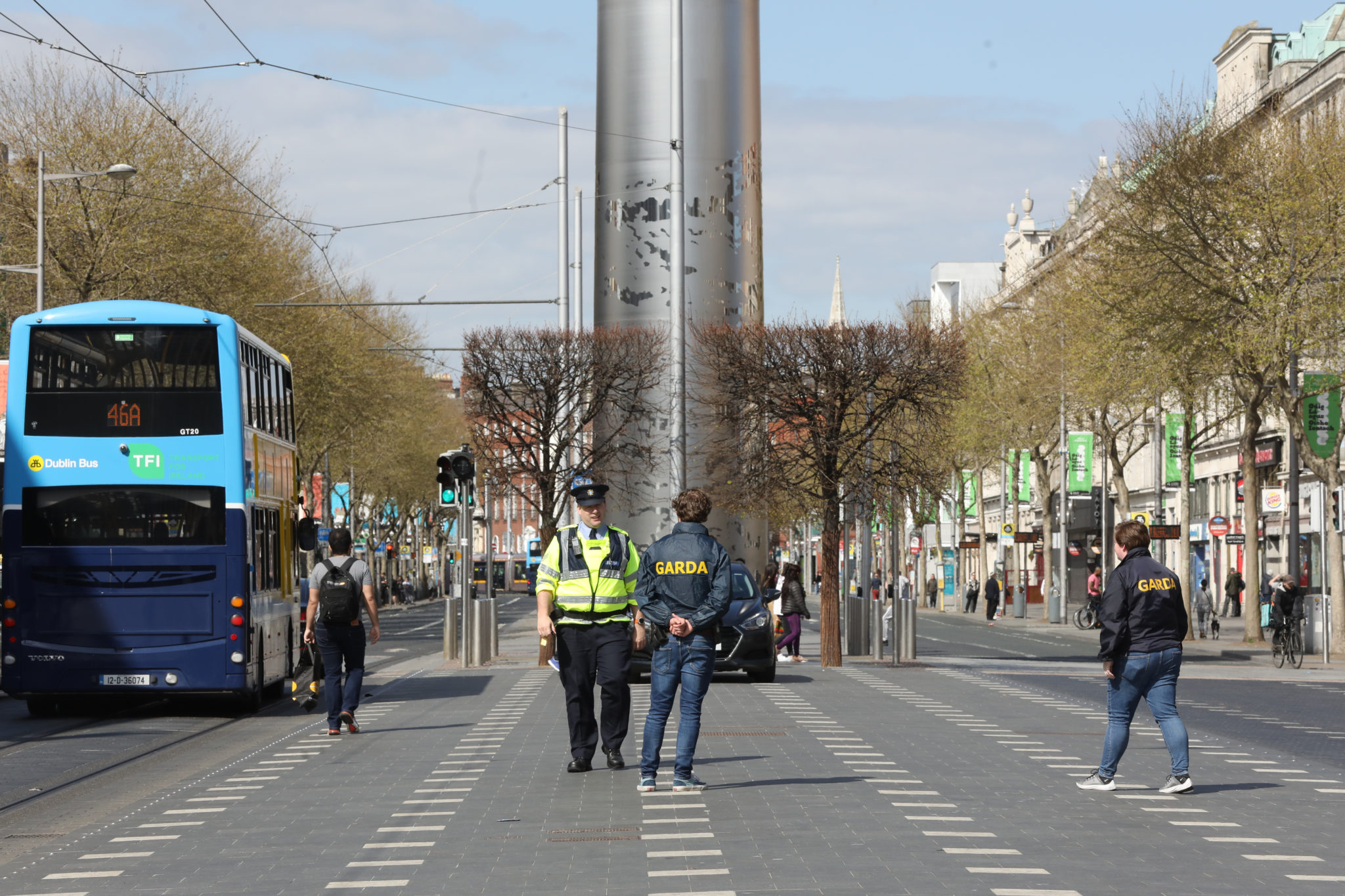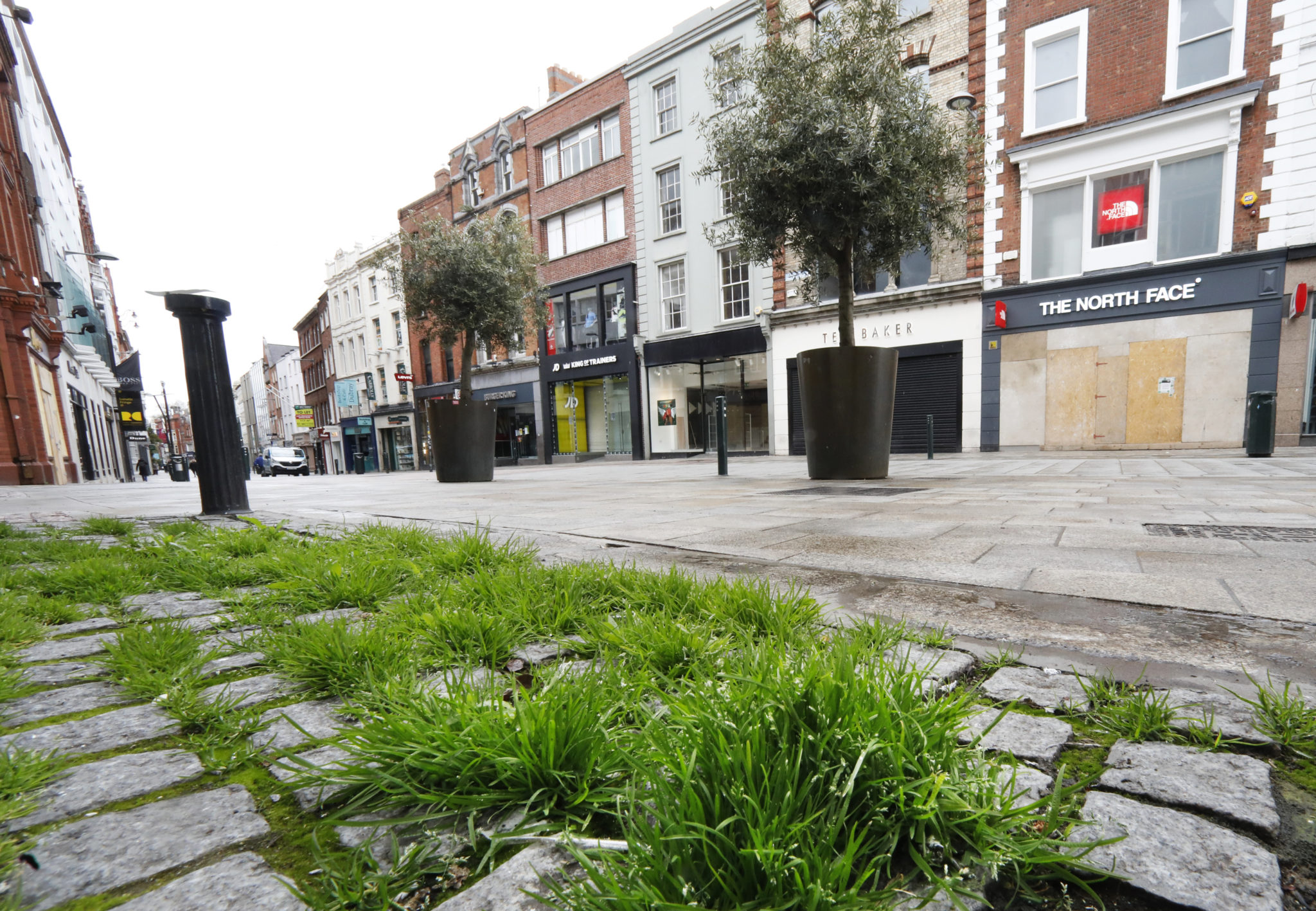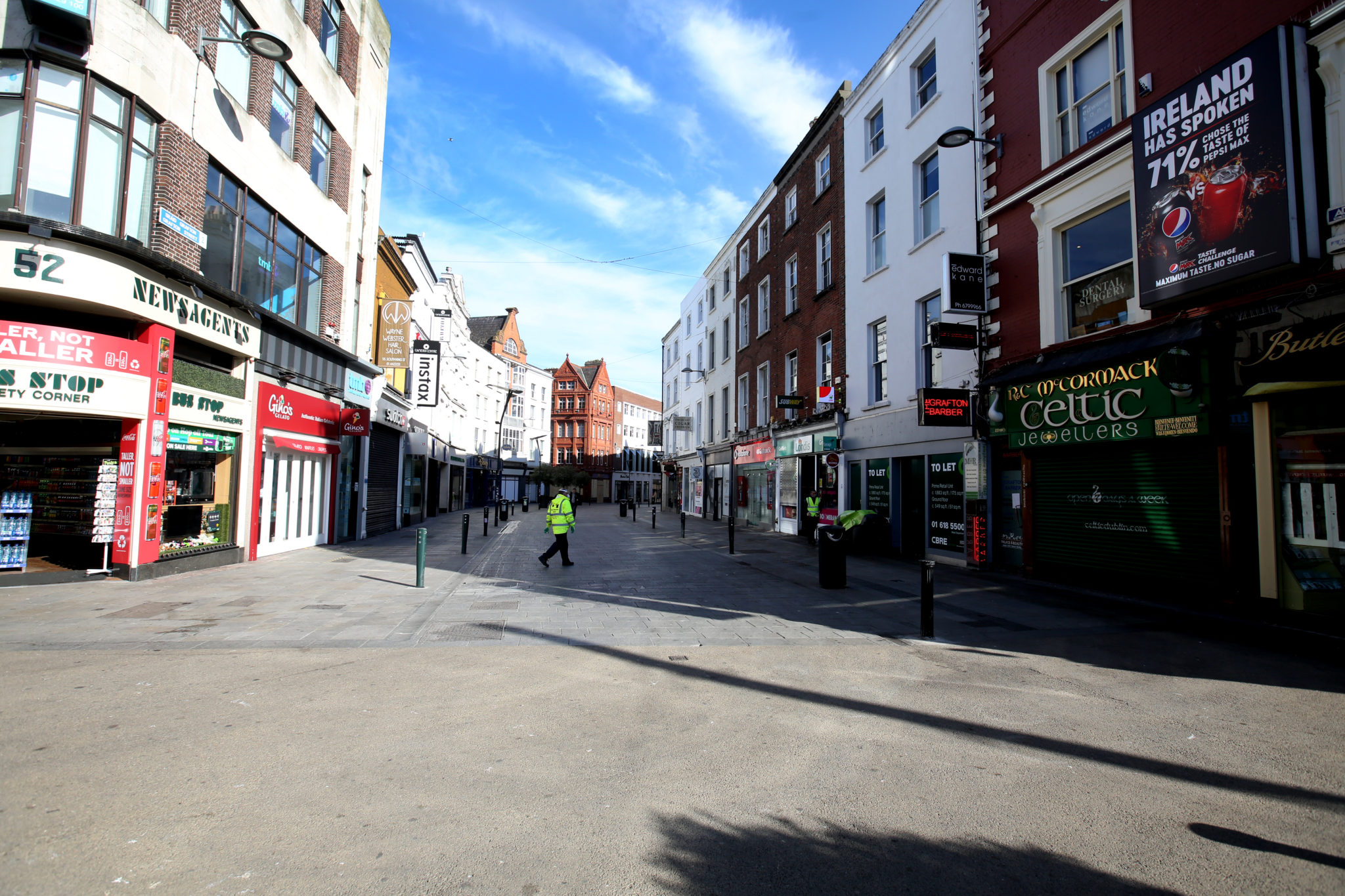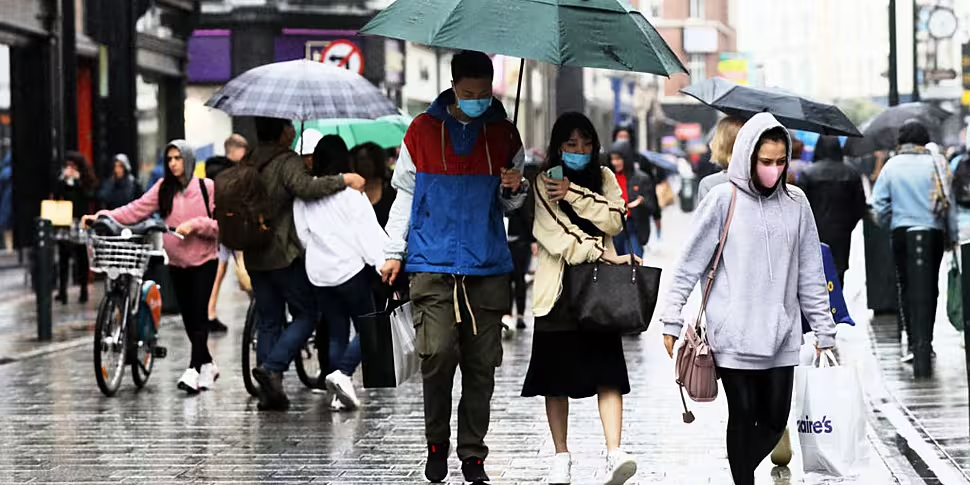A UK economist is calling for young people to be exempt form any future COVID-19 lockdowns.
Andrew Oswald, Professor of Economics and Behavioural Science at the University of Warwick says a misplaced fear of the virus among young people is killing economies all around the world.
On The Hard Shoulder this evening, he said coming recession may be “considerably worse” than the last financial crash.
He said the younger half of the populations is “not far off invulnerable, as a statistical matter, to this virus.”
“Just look at the risk curve,” he said. “Below that age of 45 or 50, there is very, very little risk and I do think that is not understood by people. They are too worried and saving too much.
“We know in economics there is something called the multiplier effect. If everybody stops spending together, it has these tremendous ripple effects across the pond of the economy and [Ireland] already has nearly 50% youth unemployment.
“It is a terrible, terrible thing and we need to think about this age profile and how we work with it. It is our brains against the virus.”
 Gardai preparing to set up a checkpoint on O'Connell Street in Dublin as they move to enforce COVID-19 restrictions, 08-04-2020. Image: Leah Farrell/RollingNews
Gardai preparing to set up a checkpoint on O'Connell Street in Dublin as they move to enforce COVID-19 restrictions, 08-04-2020. Image: Leah Farrell/RollingNewsHe said he was “generally in favour” of the lockdowns that were introduced around the world in March – but warned that future restrictions must be targeted at those who are most vulnerable.
“We could have saved an awful lot of money and much of the economy if we had locked down fewer of the young people,” he said.
“There was no need to lock down the very young people. They were almost invulnerable. They could have been working and paying taxes and we are all going to have the most incredible tax bill – this, I think, is what epidemiologists often forget.
“It is going to cost us an absolute fortune and it will fall on the young people. That is very unfair.”
 Grafton Street in Dublin City Centre, 29-04-2020. Image: Eamonn Farrell/RollingNews
Grafton Street in Dublin City Centre, 29-04-2020. Image: Eamonn Farrell/RollingNewsProfessor Oswald said asking young people who are remaining in the workforce to stay away from older people would have to be “part of the deal.”
He said a “huge amount of progress” could be made if officials moved to reassure young people about the danger the virus poses to their own health.
He said people could then be allowed to choose their own behaviours.
“If society wants to make firmer rules, as it did during the so-called great lockdown, then that is OK,” he said. “But then, we must have different rules for different age groups.”
“If that is socially unacceptable, we could still go a long way in a sensible direction just by giving the information. If you explain to the elderly they are much more at risk and to the young that they are at much less risk, then we can restart a lot of the economy without any more rules.”
 Main image shows a deserted Grafton Street in Dublin last Saturday 28-03-2020. Image: Sam Boal/RollingNews
Main image shows a deserted Grafton Street in Dublin last Saturday 28-03-2020. Image: Sam Boal/RollingNewsHe said the current evidence suggest a second wave of the virus is “exceptionally likely” and warned that the resulting recession “will be bad.”
“Probably very bad and presumably it will last a long time I am sorry to say,” he said.
"There might be a revolutionary vaccine in December of January but it is on the cards I fear to be considerably worse than what happened after the financial crisis of 07/08 and that worries me a lot.
"But if we keep the economy going as much as we can with the younger half of the population – and half of all employees in the UK are aged 45 or under – if we do that, if we encourage them to realise how safe they are, we can get some of the tax revenue we will need."









